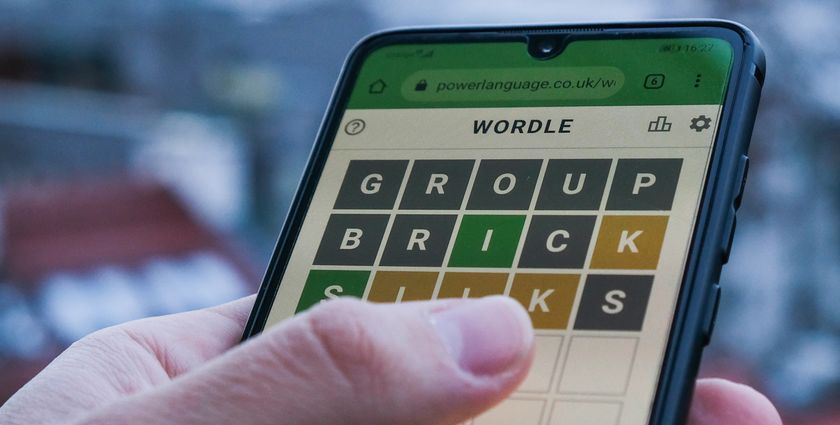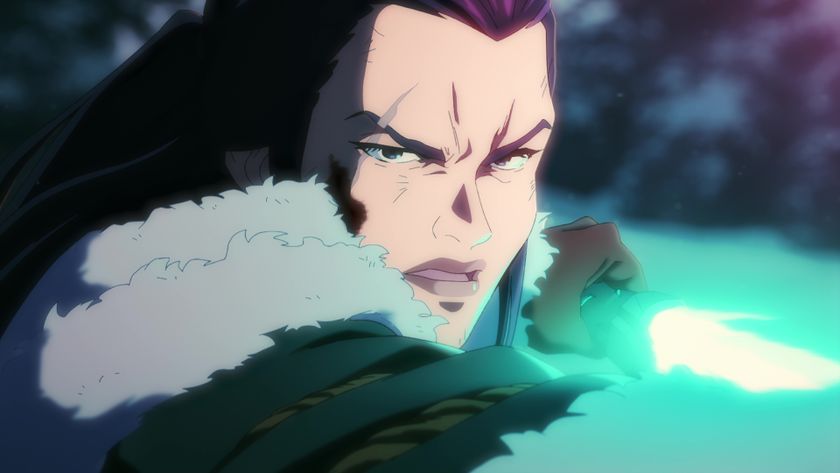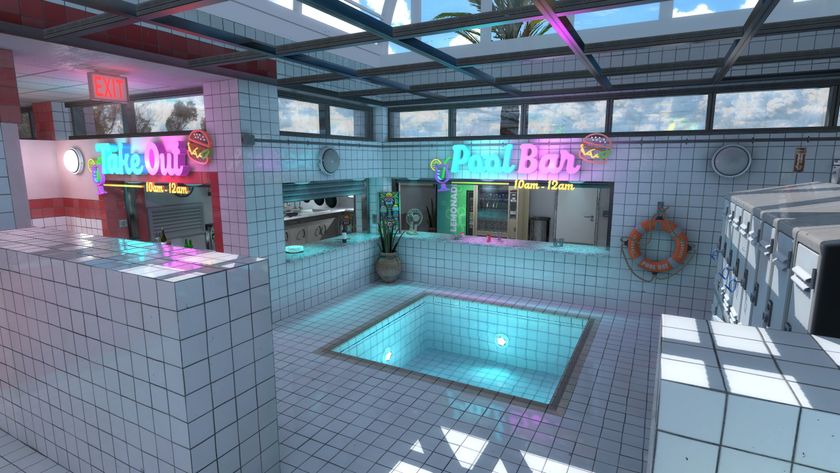UK cops seize unofficial Club Penguin site and arrest three people
Things not to pick a fight with: Disney lawyers.
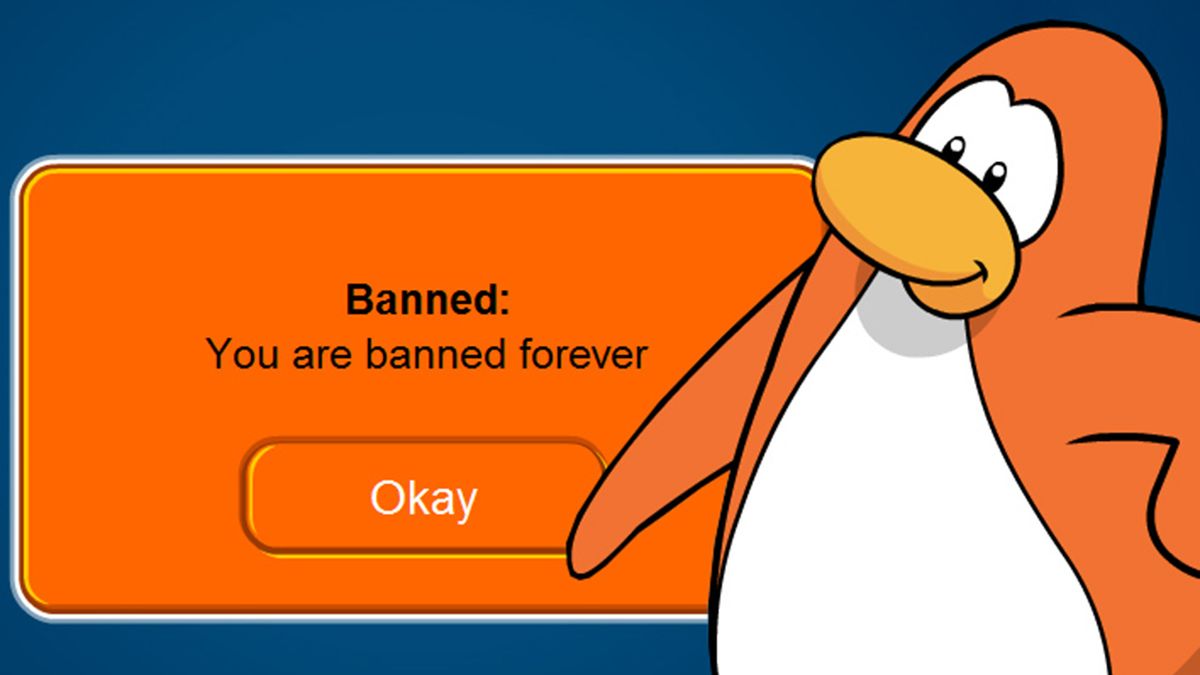
Club Penguin Rewritten is one of many unofficial continuations of the officially defunct but much-loved Club Penguin. Well, it was. Visit the CPRewritten site today and you'll be greeted by a black page with the City of London Police logo, on which is written: "This site has been taken over by Operation Creative, Police Intellectual Property Crime Unit (PIPCU)."
PIPCU Detective Constable Daryl Fryatt subsequently emailed a statement to Techcrunch, which reads:
"Following a complaint under copyright law, PIPCU have seized a gaming website as part of an ongoing investigation into the site.
"Three people were arrested on April 12 on suspicion of distributing materials infringing copyright and searches were carried out.
"They have been released under investigation and to aid with the police investigation, they agreed to sign over the website to the control of PIPCU."
First of all, doesn't PIPCU sound like what they'd call a penguin Pokémon?
Second of all: erk. The afterlife of Club Penguin really deserves its own article, but in short the original game was built by New Horizon Interactive and launched in 2005 to immediate success—attracting a young audience of such size that, in 2007, both developer and game were acquired by Disney for just over $350 million. The game would run for another decade before a successor, Club Penguin Island, was released and the original game closed in March 2017.
The biggest gaming news, reviews and hardware deals
Keep up to date with the most important stories and the best deals, as picked by the PC Gamer team.
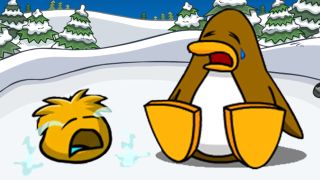
That, of course, was not the end of Club Penguin. While many migrated to the new game, plenty of others had serious problems with how the experience had changed. And this comes down to Club Penguin's odd nature as an experience: it is a videogame, sure, but for those of a particular generation it was also the major online social hangout. People are attached to what Club Penguin was because of what it meant to them at some stage of their lives.
So when the game was closed, countless unofficial servers popped up. Disney is famously cool with letting other people use its IP, of course, and over the years has pursued some of these unofficial Club Penguins: in 2020, it succeeded in shutting down Club Penguin Online, which during the pandemic had acquired over a million new players.
One very good reason for this is that the real Club Penguin was designed to be a safe place for child players. Over its lifetime it had its share of controversies and problems, but it also took child safety seriously and had endless chat filters alongside an army of moderation staff. The unofficial Club Penguins are more of a free-for-all, and Disney can't exert any influence over what happens in them.
CPRewritten had arguably benefited from the closure of other unofficial CP servers, and earned its architects ad revenue: according to users on the CPRewritten subreddit, the site had also recently introduced a feature that allowed users to watch ads for an in-game gift.
The site is now down, the social accounts are locked, and the CPRewritten faithful have said their last goodbyes: users on the subreddit simply posting their last moments in the game. "Our world is breaking down around us" wailed YourNan940, a combination of sentiment and username that just about encapsulates the Club Penguin experience.
A message by admin Thorn posted to the Club Penguin Rewritten discord server reads:
"CPRewritten is shutting down effective immediately due to a full request by Disney.
We have voluntarily given control over the website to the police for them to continue their copyright investigation."

Rich is a games journalist with 15 years' experience, beginning his career on Edge magazine before working for a wide range of outlets, including Ars Technica, Eurogamer, GamesRadar+, Gamespot, the Guardian, IGN, the New Statesman, Polygon, and Vice. He was the editor of Kotaku UK, the UK arm of Kotaku, for three years before joining PC Gamer. He is the author of a Brief History of Video Games, a full history of the medium, which the Midwest Book Review described as "[a] must-read for serious minded game historians and curious video game connoisseurs alike."
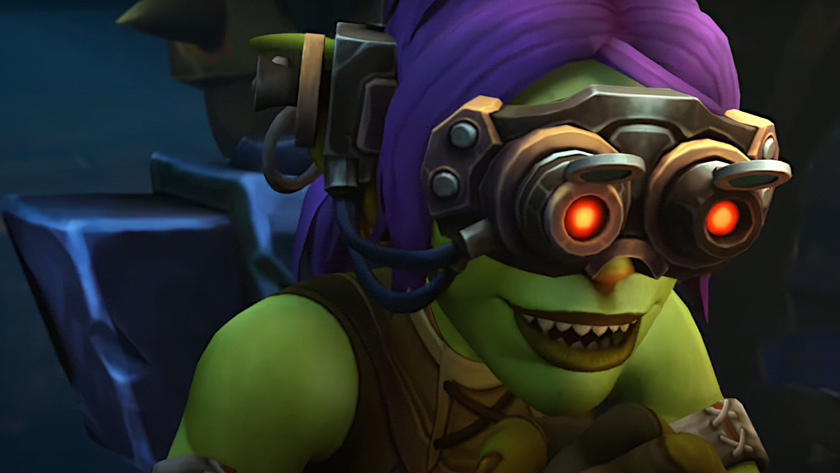

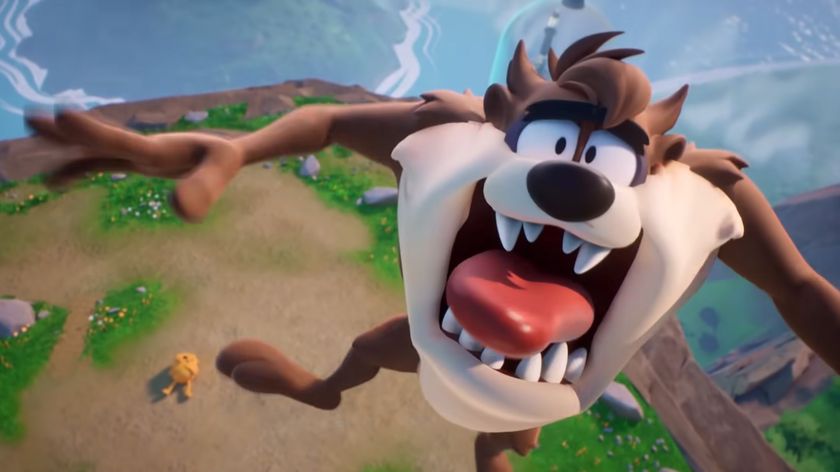
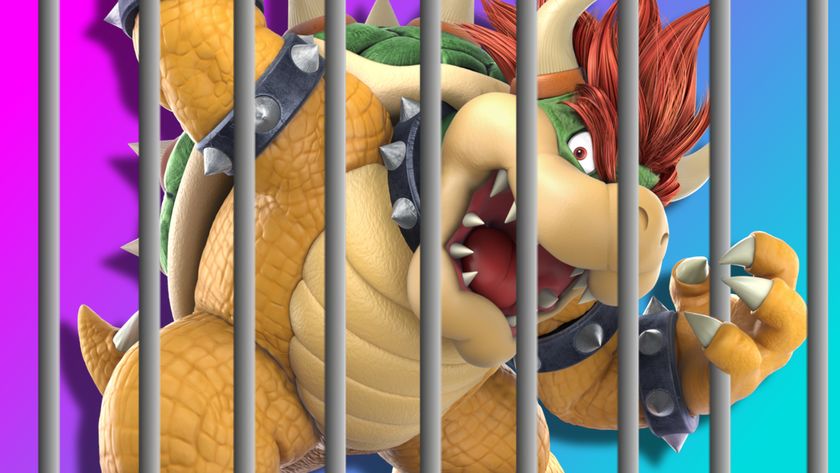
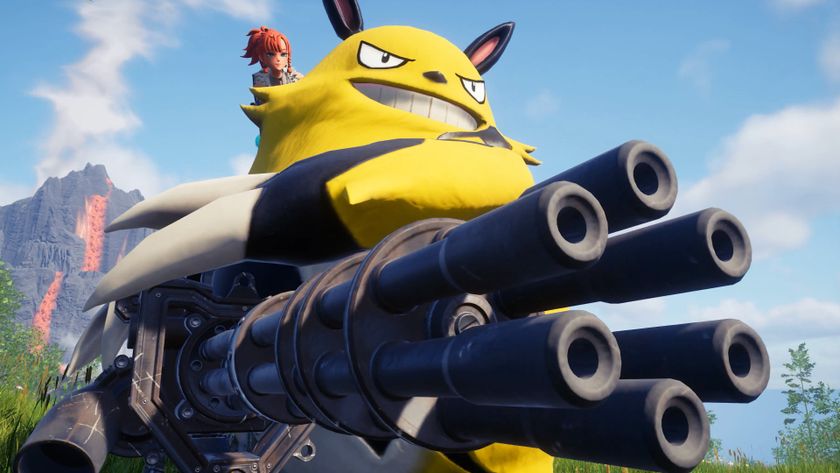
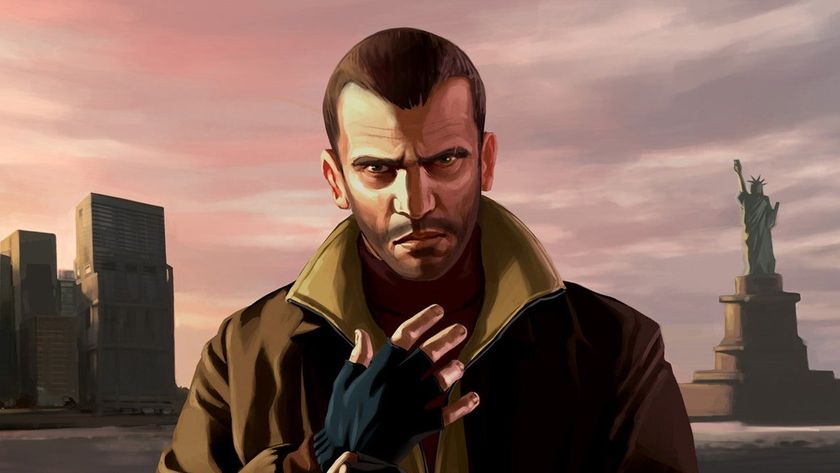

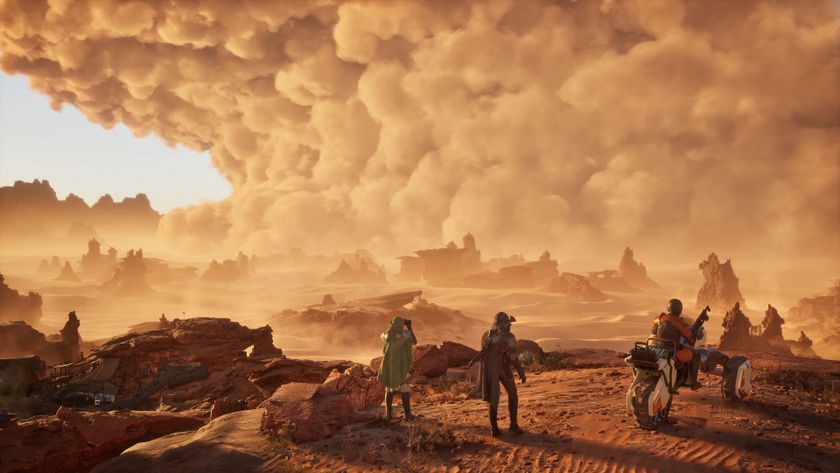
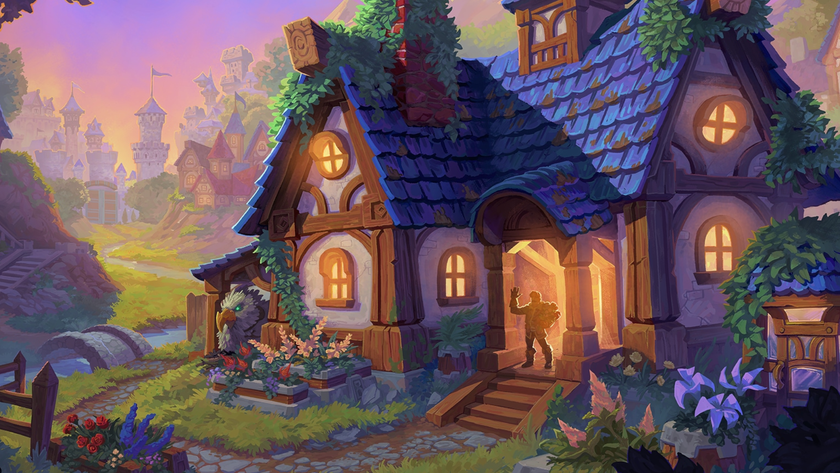
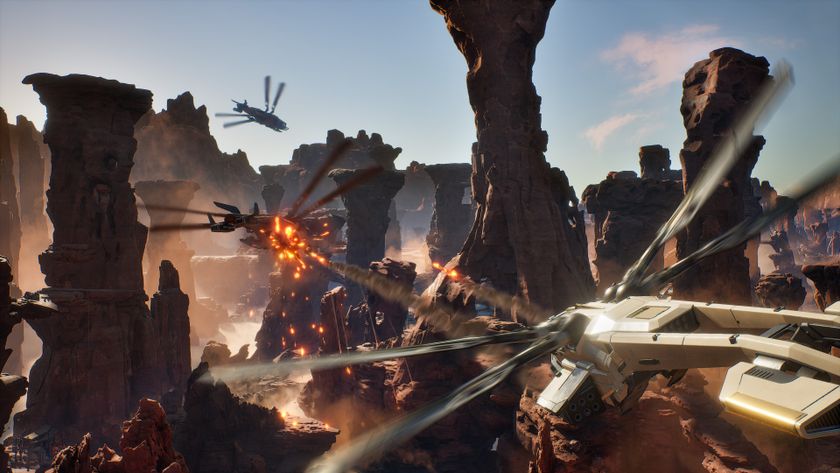
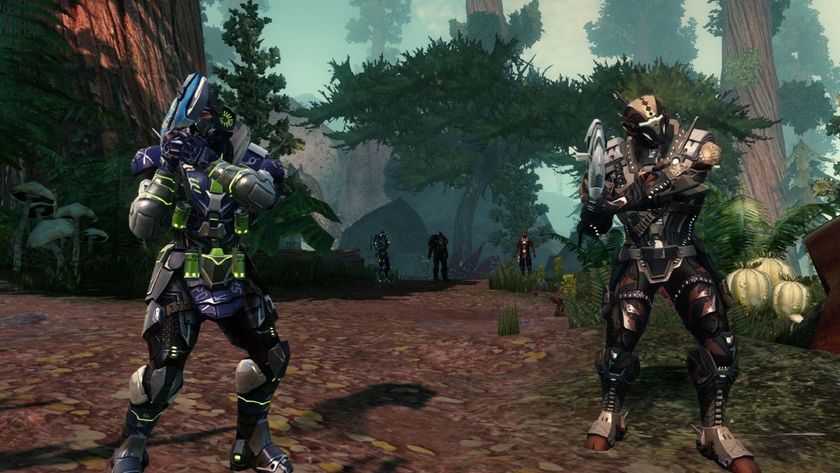
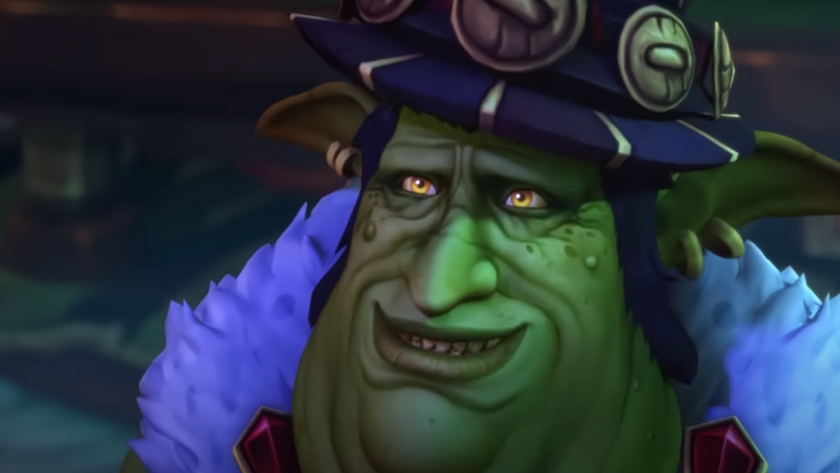
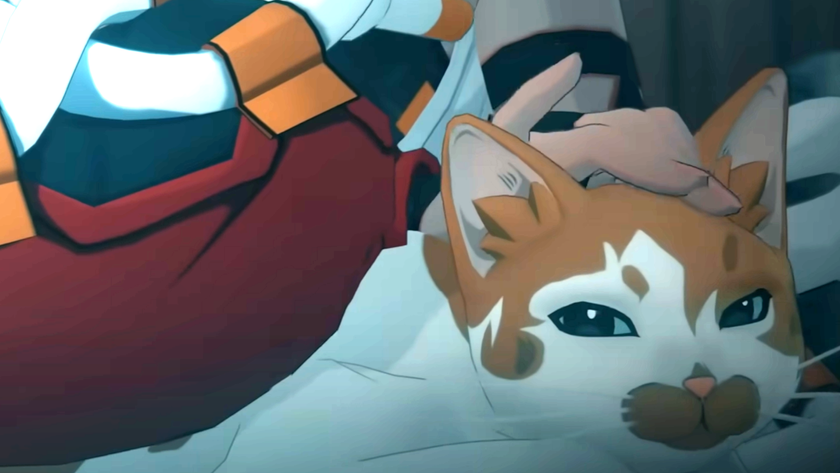
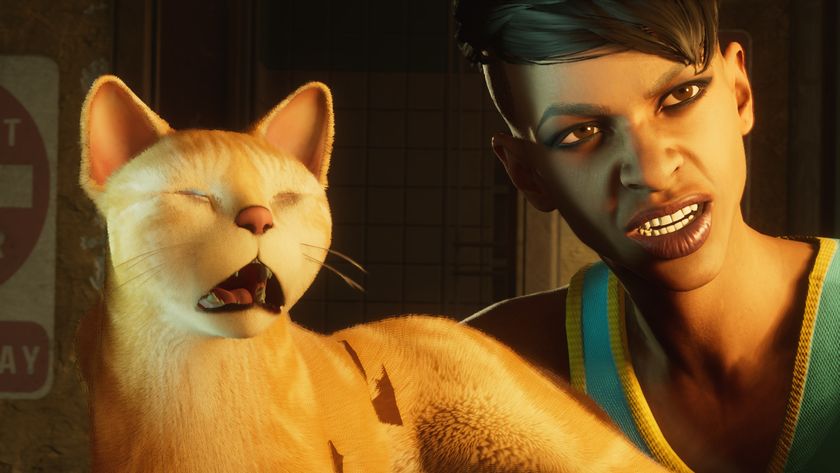
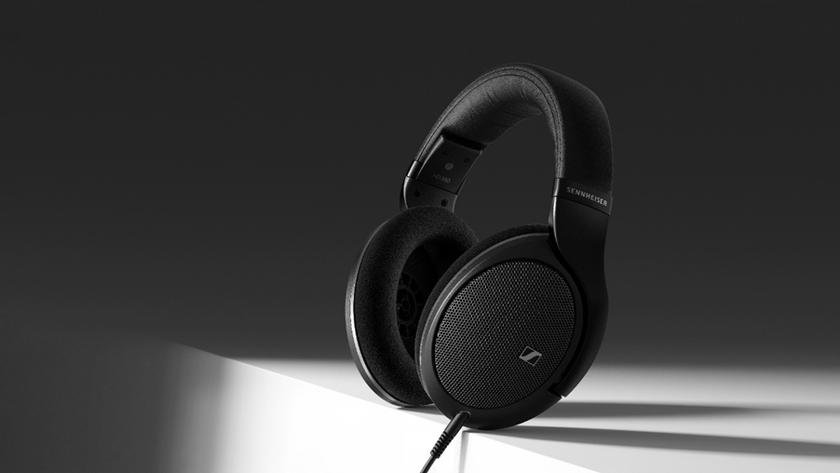
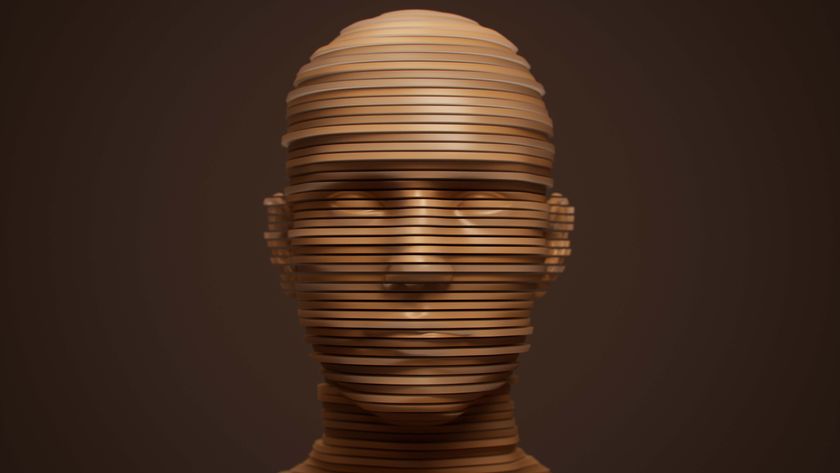
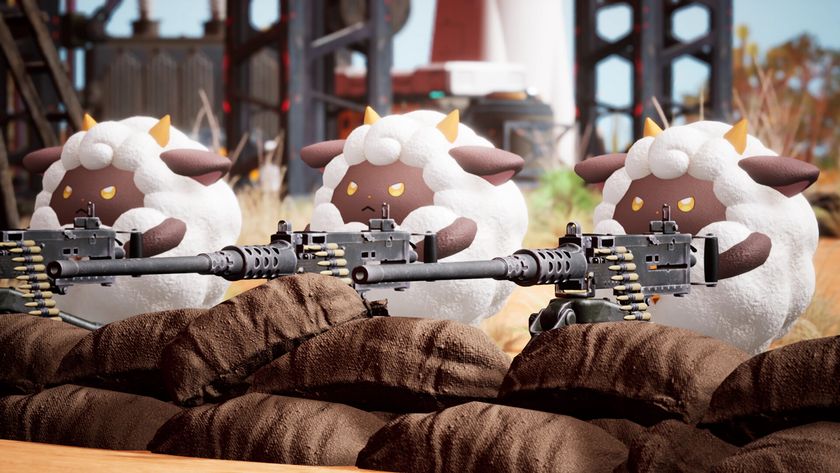


Dune Awakening's latest trailer offers a glimpse of its massive coriolis storms, which reshape swathes of the map each week for 'infinite exploration'

The hooligan hacker guild that tore up WoW's newest raid (twice) just posted video evidence of the whole thing, and it's got me feeling weirdly nostalgic
